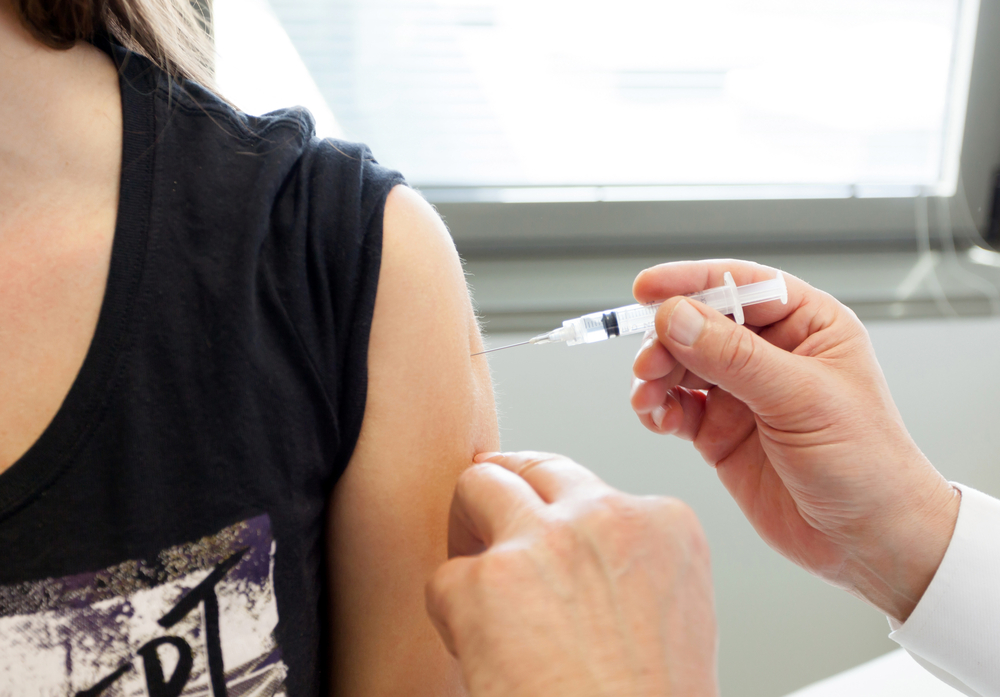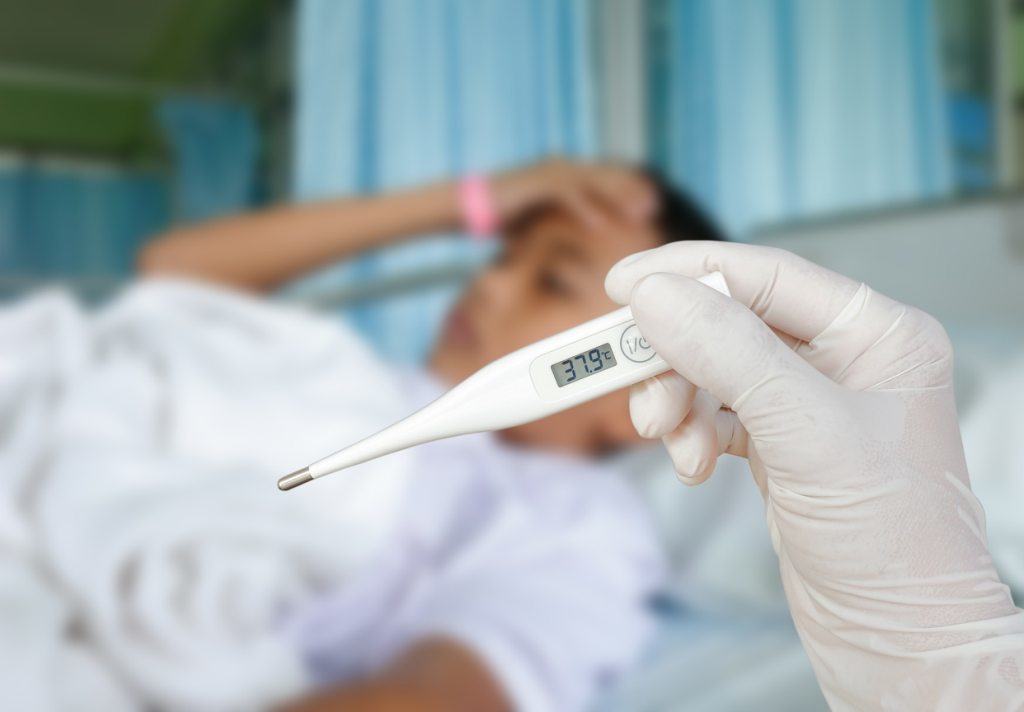Contents:
- Medical Video: Intramuscular Testosterone Injection Techniques
- Meningitis injections are a mandatory requirement for Hajj and Umrah participants
- Why do you have to inject meningitis before leaving for the holy land?
- What is meningitis?
- When should injections of meningitis be done?
Medical Video: Intramuscular Testosterone Injection Techniques
Those of you who have left Umrah or Hajj must have been injected with meningitis. Actually, why do all those who want to go to the holy land have to inject meningitis first?
Meningitis injections are a mandatory requirement for Hajj and Umrah participants
All Hajj and Umrah participants must have a certificate stating that they have received a meningitis vaccine. In addition to carrying out vaccines, health checks before leaving for worship to the holy land are also important.
Excellent body health is needed for Hajj or Umrah worship, because worshiping with thousands of people from all over the world allows the spread of various diseases. Therefore a vaccine is needed to reduce the risk of exposure to harmful bacteria and viruses. One of the vaccinations carried out before the Hajj and Umrah is injecting meningitis.
Why do you have to inject meningitis before leaving for the holy land?
During the Hajj and Umrah season, Muslims from all over come to Saudi Arabia to perform worship, including countries in Africa which are places for spread of meningitis. This is thought to be the cause of the widespread occurrence of cases of meningitis in congregations and officers serving worshipers in Saudi Arabia.
According to the Head of the Port Health Office (KKP) at Soekarno Hatta Airport, Middle Eastern countries, especially Saudi Arabia, are countries that are developing places for meningococcal meningitis. Therefore, to prevent meningococcal meningitis, every Indonesian who wants to go to Saudi Arabia needs to do a meningitis vaccine.
According to the Minister of Health, meningitis is still a threat to pilgrims and pilgrims, because during the worship, people who came there came from various parts of the world, including countries where meningitis is still prevalent, especially from the African continent in an area called the meningitis belt.
Meningitis cases in Indonesian pilgrims occurred in 1987, at which time 99 worshipers contracted meningitis and 40 of them died.
Giving injecting meningitis is an absolute requirement for all prospective pilgrims who will enter the Kingdom of Saudi Arabia.
What is meningitis?
Meningitis is inflammation of the membrane that protects the brain and spinal cord, and this disease is very contagious. The main causes of meningitis are viral infections and bacterial infections.
Bacteria that enter the bloodstream and radiate to the brain and spinal cord cause acute bacterial meningitis. But it can also occur if the bacteria directly attack the sufferers. Some strains of bacteria that can cause bacterial meningitis include Streptococcus pneumoniae and Neisseria meningitidis.
Meningitis can spread from human to human through the respiratory tract or saliva. The incubation period for this disease is 3-4 days (2-10 days).
The initial symptoms of meningitis are almost the same as flu (influenza). However, the symptoms will gain weight with high heat in a short time, which is 12-24 hours from the start of symptoms. Other symptoms of meningitis are stiff neck, severe headache, nausea or vomiting, confusion or difficulty in concentration, seizures, sensitivity to light, and weakened physical resistance.
When should injections of meningitis be done?
The injection of meningitis is carried out a maximum of two weeks before departure to the holy land, because the effectiveness of the vaccine begins to form 10-14 days after administration.
After obtaining meningitis vaccination, the prospective pilgrims will be given an International Certificate of Vaccination (ICV) card as a condition of obtaining a visa permit from the Government of Saudi Arabia.
To administer the vaccine, there are several provisions, namely:
- Meningitis is a disease caused by bacteria in groups A, C, W, and Y. Thus, all prospective hajj and umroh participants must receive one dose of quadrivalent polysaccharide vaccine or ACWY135 vaccine.
- Giving this vaccine is recommended to be done 2-3 weeks before departure, and not less than 10 days before. If you have previously received the same vaccine, make sure that the time of administration is no more than three years before.
- If given to adults and children over five years old, this vaccine will provide protection from meningitis for five years.
- For children under the age of five, vaccination will provide protection for 2-3 years. However, giving to toddlers aged two months to three years must be followed by administering a second vaccine three months later.
- This type of vaccine is not allowed to be given to babies less than two months old.
Severe side effects after administration of the ACWY vaccine are very rare. About 10 percent of people who receive this vaccine experience reddish pain and skin which generally disappears in 1-2 days. Meanwhile, children sometimes experience fever.
In addition to the obligation to administer meningitis vaccine, the Saudi Ministry of Health also advised pilgrims to inject influenza and pneumonia before leaving.












